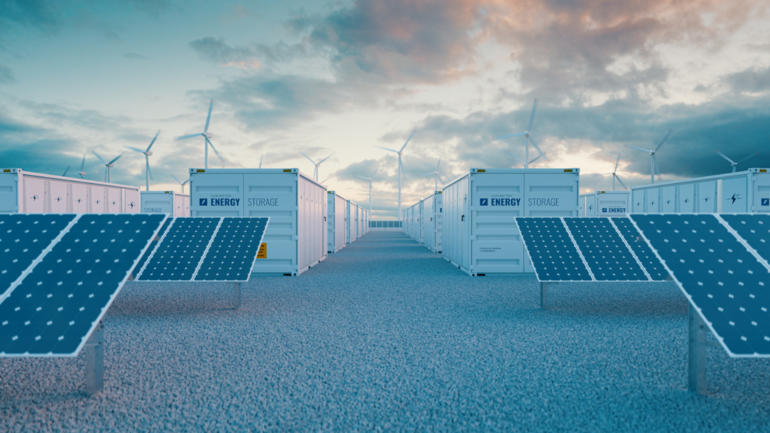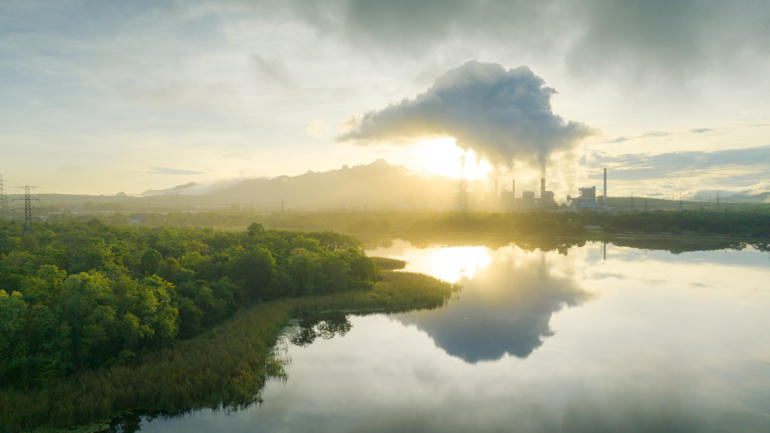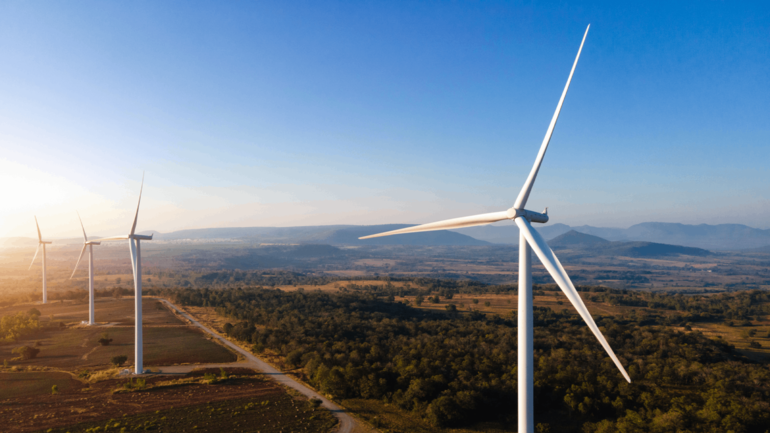Marrakech, 17 November 2016: For the first time in COP history, the COP22 Low-Emissions Solutions Conference (LESC) mobilized leaders from business, government, cities, science and academia to discuss solutions and new technologies for implementing the Paris Agreement. The three-day LESC offered an in-depth analysis of key technologies and low-carbon systems, engaging more than 100 speakers and 500 participants.
The conference put innovative technological solutions at the heart of COP22 and the global climate action agenda.
Effective and innovative mitigation solutions as well as technologies are available, but they need to be scaled up through collaboration between all stakeholders. Greater use of modern technologies will help improve the feasibility and raise the level of ambition of Nationally Determined Contributions (NDCs) for implementing the Paris Agreement.
In all panels, speakers confirmed that multi-stakeholder collaboration of business, academic, and government is vital for success. The LESC embodied this collaboration and reinforced the cooperation towards rapid and successful implementation of Nationally Determined Contributions (NDCs).
In addition, it was recognized that all actors are moving swiftly to implement strategies that will help countries achieve their NDCs, support the investment of trillions of dollars that will build critical infrastructure and provide millions of jobs in the new-carbon economy, and speed the transition that is clearly underway.
Participants at the conference expressed a unified call for:
- Strong leadership through global partnerships to accelerate structural transformation and technological change, promote innovation, and encourage ambitious action at the company level;
- Sound climate policies that must be strengthened and improved over time;
- Effective economic mechanisms, including carbon pricing, that will accelerate the transition to the low-carbon economy.
The conference featured in-depth discussion of low-emission technology pathways in key sectors, including ICTs, smart-grids, micro-grids, sustainable fuels, low-carbon transport, synthetic hydrocarbons, ocean power, advanced transport, carbon capture use and storage (CCUS), cement, new materials, and other areas. The topics were discussed in 18 panels over the three days.
“This is the first time in COP history that a large scale LESC is being organized for country delegations, placing innovative technological solutions at the heart of the meeting. The intention is that the LESC at COP22, part of the Global Climate Action, will be the first of a series of similar annual events at future COPs” said H.E Hakima El-Haité, Minister of Environment, Climate Champion, Morocco.
“Local governments are key players in implementing and taking up new technologies that facilitate low-emission, resilient development. They need to be part of multi-stakeholder dialogues with business, the research community and all levels of government, that allow innovation to happen and to be effectively applied. Such arrangements will build a strong architecture needed to support implementation of the Paris Agreement. The Low-Emissions Solutions Conference has been an important opportunity to solidify discussions on how to bring these technological and policy innovation to the next level” said Gino Van Begin, Secretary General of ICLEI – Local Governments for Sustainability.
“The LESC has been a milestone: For the first time, governments, business, and technologists convened at a COP to explore the potential of new technologies to achieve the objectives of the Paris Climate Agreement. We have seen a remarkable range of solutions. They will help countries around the world to move more quickly towards decarbonizing their economies and achieving the Sustainable Development Goals. We look forward to organizing the next LESC together with our partners at COP23” said Prof Jeffrey D. Sachs, Special Adviser to the UN Secretary-General and Director of the UN Sustainable Development Solutions Network (SDSN).
“The LESC shows how business, government, academia, cities and other experts are already delivering the solutions that will define future competitiveness in the low-carbon economy. Business is the key implementation partner for governments around the world as they strive to hit their NDC targets. Now more than ever, we must continue to work together to seize this opportunity to scale up the implementation of the Paris Agreement and accelerate the transition to the low-carbon economy” declared Peter Bakker, President and CEO of the World Business Council for Sustainable Development (WBCSD).
Background
The LESC brought together business, government, academia, cities, technical experts, scientists, engineers and innovators, to set common technological trajectories for a decarbonized economy as well as the transformations necessary in each sector.
Key sessions have included:
- Dialogues with Ministers representing Mission Innovation and the Clean Energy Ministerial, offering further platforms to expand collaborative action
- Sustainable fuels (including announcements on new members joining global collaboration below50 that bring total number of companies to 30; and the launch of the Biofuture Platform)
- Sustainable built environments, showcasing materials, construction innovation, energy efficiency, adaptation and resilience;
- Sustainable mobility across electric vehicles, fuel cell vehicles, decarbonizing transport
- Sustainable cities: WBCSD EEB Amplify launched here at COP-22 on Buildings and Cities Day, aiming to scale up the Energy Efficiency in Buildings program from 10 cities to 50 by 2020, as well as innovative financing models provided by the private sector enabled $100m to be invested in Houston in property-assessed clean energy programs (PACE), ICLEI is working with 1,500 cities across the world
Key facts:
- 18 sessions over three days: 11 technology focused and seven policy-oriented
- Over 500 registered participants
- More than 100 speakers from the private sector, national and local government, academia and science
- 20 inventors showcasing solutions at the Innovation Hub displays
For more information, contact Nicolas Jammes, WBCSD Communications Manager, jammes@wbcsd.org +41 79 434 57 65








